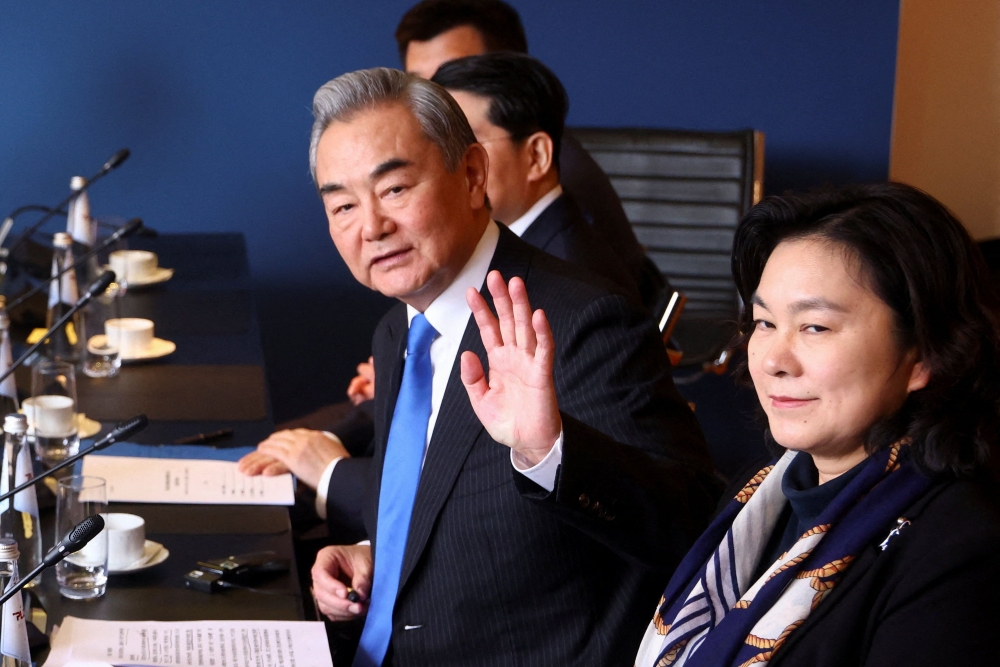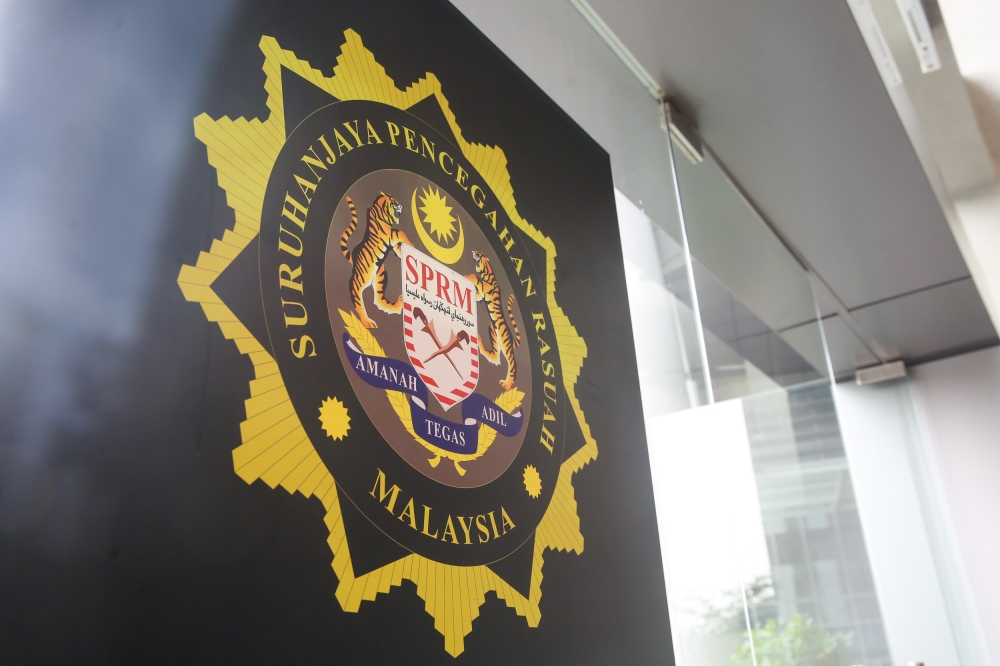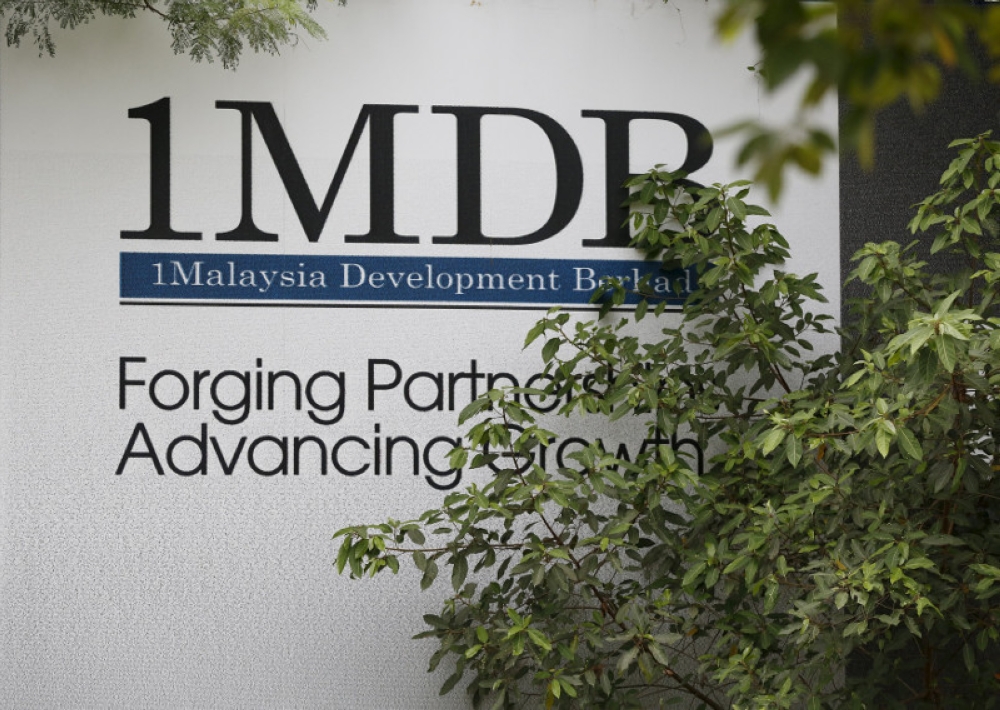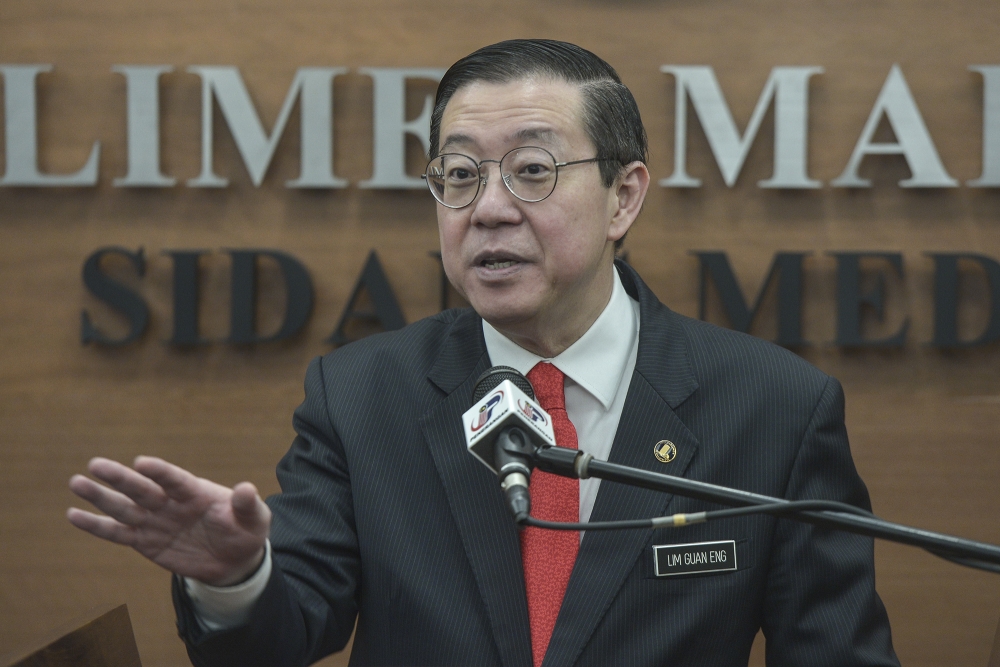MARCH 25 — The disquiet on Malaysia’s ratification of the Rome Statute has gain resurgence these past few days. It has been alleged that the Rome Statute robs the immunity of the Rulers — by extension jeopardising the position of the Malays and Islam — and thus contravenes the Constitution.
I would humbly disagree with such proposition.
First, the Federal Constitution does not touch on the immunity of persons under international law or international treaties.
The Federal Constitution was merely meant to govern the immunity, if any, of persons accused of committing domestic crimes.
But the Rome Statute and the International Criminal Court (ICC) assumes jurisdiction over crimes of a very different nature i.e. international crimes. Both cover different crimes and are not inconsistent with each other.
Second, the very concept that our Rulers possess absolute immunity has long been a thing of the past.
In 1993, amendments were made to the Constitution to allow criminal proceedings to be instituted against the YDPA and the Rulers via special courts (see Articles 32, 181, 182 and 183).
Hence, even domestically, the YDPA and Rulers do not have absolute immunity to begin with (albeit governed by certain special procedures) and can be held accountable for crimes.
Third, this is not the first time that Malaysia has ratified treaties which bar grants of immunity from prosecution for serious crimes.
Take the Genocide Convention 1948 for example, which we ratified in 1994.
Article IV reads: “persons committing genocide . . . shall be punished, whether they are constitutionally responsible rulers, public officials or private individuals”. We did not made reservations to this article.
Therefore, Malaysia has long accepted the duty to prosecute or extradite persons accused of international crimes — despite immunity provisions in the Constitution.
Fourth, the ICC can only assume jurisdiction when a state is “unwilling” or “unable” to carry out investigations and prosecutions (see Article 17 to 19 of the Rome Statute).
Hence, the Rome Statute complements — and does not displace or overrule — Malaysia’s investigation agencies and special courts in Malaysia in the event a Ruler is involved. This high degree of deference to domestic proceedings should allay much fears.
Fifth, in reality, the YDPA is very unlikely to be individually responsible for war crimes and to be prosecuted.
Although the YDPA is in name the Supreme Commander of the armed forces (Article 41), as a constitutional monarch his powers are limited.
He must always act in accordance to the advice of the Prime Minister (Article 40). If anyone, it is the Prime Minister, Cabinet or generals which will be responsible for any war crimes.
Sixth, there is force in the argument that immunities — while meant to enable the beneficiary to carry out official functions unhindered — should not extend to protect those who commit crimes of the most serious nature.
In 2001, the UK House of Lords in the Pinochet case affirmed this proposition: since immunity bestowed to a former head of state under domestic law only extended to his/her exercise of official functions, and because torturing political opponents is not an official function, Pinochet was not entitled to immunity from extradition.
Therefore, the Rome Statute, the royal institutions and our Constitution can exist harmoniously without internal contradiction. Aligned synchronically, and Malaysia can play a significant role in the attainment for peace, security and wellbeing of the world.
* Lim Wei Jiet is an Advocate & Solicitor of the High Court of Malaya.
** This is the personal opinion of the writer or publication and does not necessarily represent the views of Malay Mail.





















